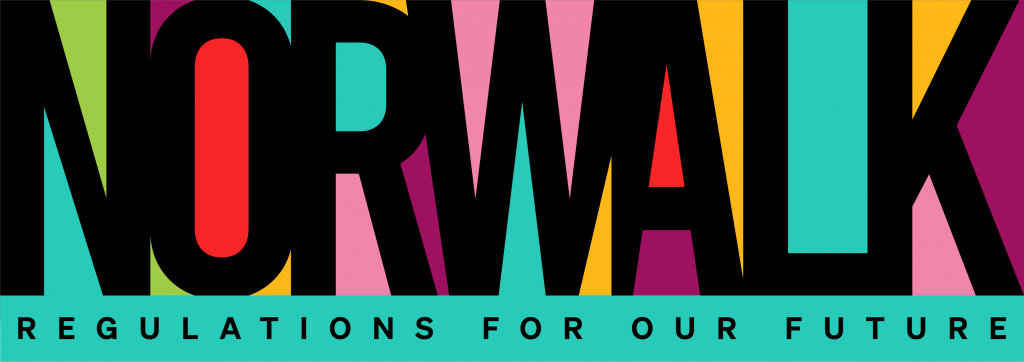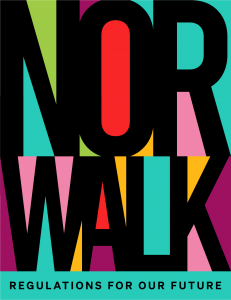By smart growth I mean planning for Norwalk to increase in population while making the city safer and more livable. In my comment I focus on three aspects: affordable housing, home-based business, and coastal erosion/flooding.
1. Zoning should allow for more accessory apartments as a means of good quality affordable housing. Our existing code seems to reflect a mid-20th-century prejudice against "living in sin" or "hippie communes" by discouraging unrelated adults from living together. At the same time, we should have better regulation of dwellings that have been split up into "rooming houses," some of which are unsafe and don't even conform to our existing zoning code. The goal should be safe, aesthetically appealing housing for low-income and moderate-income individuals and families.
2. Zoning needs to be geared to 21st-century home-based businesses, not assume (as our existing zoning code does) that a business requires X number of off-street parking spaces! There are hundreds of occupational categories that can be home based and conducted by computer. These require little or no inventory, customer/client visiting, or other activity that would call for extra parking spaces. When I have brought this up in open meetings, the conversation has shifted to contractor yards. The issue of contractor trucks and vans parked in a residential neighborhood is not what I'm talking about. I'm talking about computer programmers, software consultants, graphic designers, medical transcriptionists, writers, paralegals, virtual assistants, marketing analysts, and countless other desk jobs that are home-based businesses and do not involve parking business-related vehicles at/near the home.
3. Norwalk increasingly has trouble with flooding, especially along the Sound. Instead of hardening the infrastructure, we should conduct a strategic retreat and promote healthy natural flora along the Sound. Coastlines erode and we should recognize how erosion is occurring. Hardening only exacerbates erosion over time.



